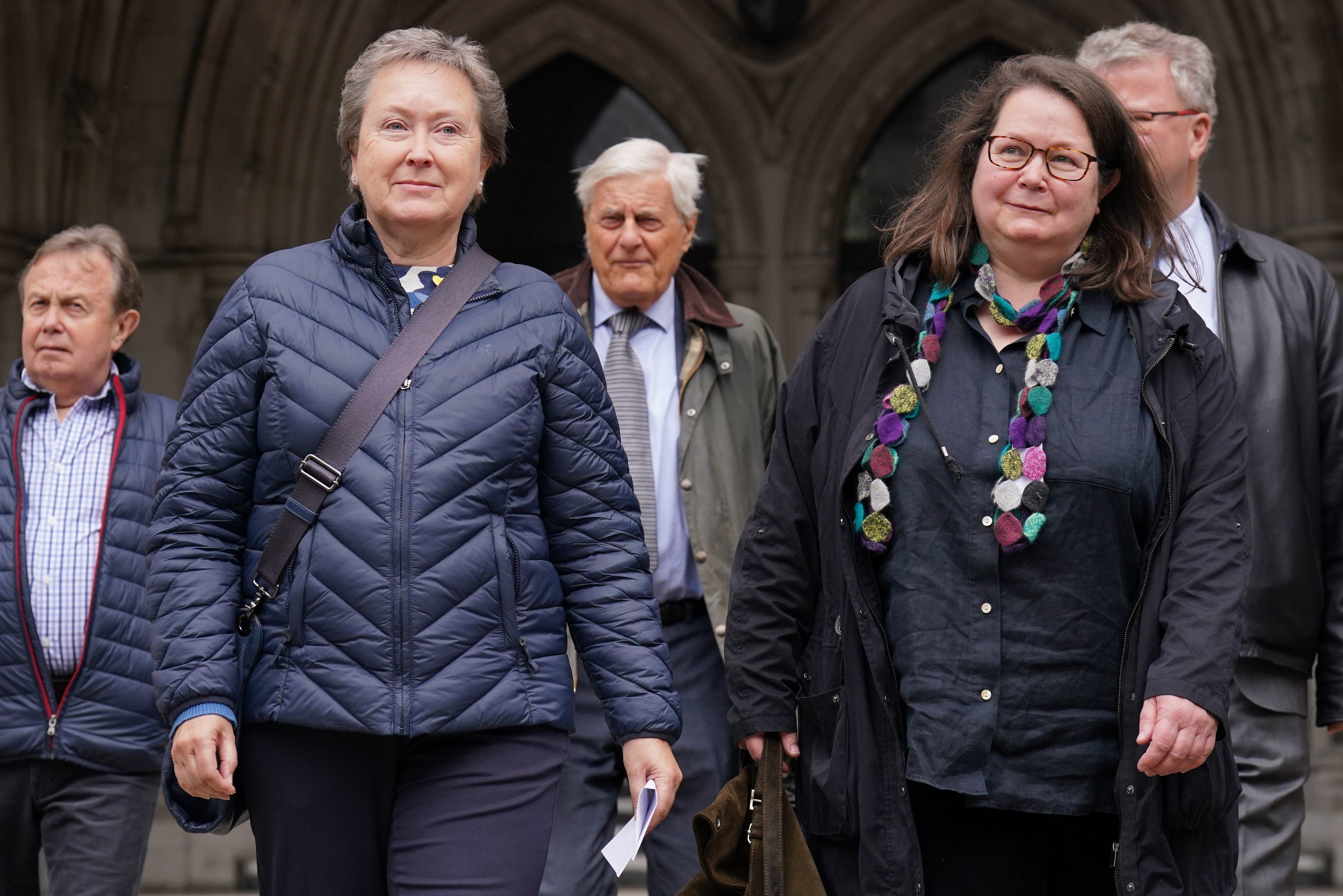
Boris Johnson has been accused of misleading the House of Commons after a damning ruling over Covid in care homes.
A landmark High Court judgement on Wednesday said ministers had acted unlawfully by discharging untested hospital patients into care homes at the beginning of the pandemic.
Later that day in Prime Minister’s Questions, Mr Johnson said: “the government didn’t know Covid could be transmitted asymptomatically”.
Shadow health secretary Wes Streeting claimed this was not true, highlighting a point of order raised by Labour’s Thangam Debbonaire, the shadow leader of the House of Commons.
Speaking to MPs on Thursday, Ms Debbonaire claimed the government was provided with evidence at the beginning of 2020 that pointed to that asymptomatic transmission of the Covid virus.

“On 28 January 2020, advice from Sage on asymptomatic transmission included that ‘early indications imply some is occurring,’” she said. On 24 February, the Lancet published a paper finding that infected individuals can be infectious before they become symptomatic.
“On 13 March, Patrick Vallance told the Today programme that ‘it's quite likely that there is some degree of asymptomatic transmission’. Yet it wasn’t until 15 April that the government’s guidance was changed to require patients were tested before being discharged to care homes.”
Ms Debbonaire said the PM may have “inadvertently misled the House” and called on him to correct the record.
By not requiring transferred hospital patients to test negative for Covid, the High Court ruled, the government failed to consider the risk to vulnerable residents from non-symptomatic transmission.
Lord Justice Bean and Mr Justice Garnham said that, despite “growing awareness” of the risk of non-symptomatic transmission throughout March 2020, there was no evidence that then health secretary Matt Hancock addressed the risk to care homes or had been asked to consider the question of isolating patients admitted from hospital.
Mandatory testing was not introduced for discharged patients until the middle of April, by which point thousands of infected elderly people had passed on the virus to fellow residents. Between March and June 2020, there were 20,000 care home deaths linked to Covid-19, data show.

Discussing the High Court ruling on Friday, Mr Hancock told the BBC: “What it found was that ... we ministers were not told about the asymptomatic transmission.
“This is a really important scientific fact. And the most important thing is that we learn from what happened. We learn those lessons as a country, how to handle pandemics, because there will be a future one.”
Following the High Court verdict, lawyers now believe other families who have “suffered as a consequence of the inadequate policies” will be encouraged to make claims against the government.
“The case gives an early indication that notwithstanding the unprecedented challenges faced by the government and public authorities, courts will be prepared to closely scrutinise the rationality of decision-making,” said Jonathan Landau, a barrister at 5 Essex Court with expertise in healthcare regulation and inquests.
Jodi Newton, a senior associate at Osbornes specialising in clinical negligence, said: It is likely that the court’s decision will open the door to families to seek compensation for injuries suffered as a consequence of the inadequate policies and I believe that it is the government which should take responsibility for the families’ losses.
“It also sets a welcome precedent to others who wish to challenge the government in the courts over its handling of the pandemic.”
Mr Streeting said ministers “broke the law” and “cannot claim to have acted to save lives”.

A government spokesperson said:“Our thoughts are with all those who lost loved ones during the pandemic.
“Throughout the pandemic, our aim has been to protect the public from the threat to life and health posed by COVID-19 and we specifically sought to safeguard care home residents based on the best information at the time.
“This was a wide ranging claim and the vast majority of the judgement found in the government’s favour.
“The court recognised this was a very difficult decision at the start of the pandemic, evidence on asymptomatic transmission was extremely uncertain and we had to act immediately to protect the NHS to prevent it from being overwhelmed.
“The court recognised we did all we could to increase testing capacity. We acknowledge the judge’s comments on assessing the risks of asymptomatic transmission and our guidance on isolation and will respond in more detail in due course.”







